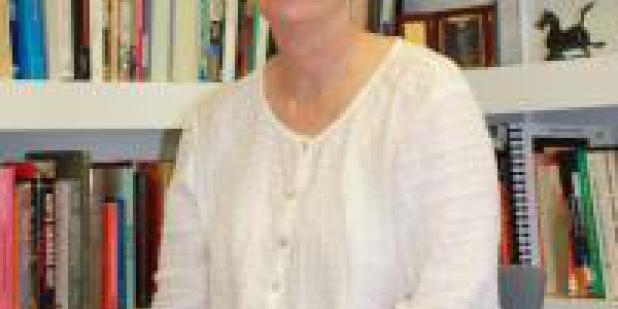Happy Lunar New Year from the USC US-China Institute!
Anyuan: Mining China’s Revolutionary Tradition
Elizabeth Perry will talk about the Communist labor movement in Anyuan Coal Mines at Harvard University.
Where

How do we explain the unexpected longevity of the Chinese Communist political system? One answer, Elizabeth Perry suggests, lies in the Chinese Communists’ creative development and deployment of cultural resources–during their revolutionary rise to power and afterwards. Skillful “cultural positioning” and “cultural patronage,” on the part of Mao Zedong, his comrades, and successors, helped construct a polity in which a once alien communist system came to be accepted as essentially “Chinese.” Professor Perry traces this process through a case study of the Anyuan coal mine, a place where Mao and other early leaders of the Chinese Communist Party mobilized an influential labor movement at the beginning of their revolution, and whose history later became a contested touchstone of “political correctness” in the People’s Republic of China.
Elizabeth J. Perry is Henry Rosovsky Professor of Government at Harvard University and director of the Harvard-Yenching Institute. Born in Shanghai and raised in Tokyo, she holds a PhD in political science from the University of Michigan and taught at the Universities of Arizona, Washington (Seattle), and California (Berkeley) before moving to Harvard in 1997. She has served as director of the Fairbank Center Studies and as president of the Association for Asian Studies. She is the author or editor of more than 15 books including Patrolling the Revolution: Worker Militias, Citizenship and the Modern Chinese State (2007) and Mao’s Invisible Hand: The Political Foundations of Adaptive Governance in China (forthcoming).
Featured Articles
We note the passing of many prominent individuals who played some role in U.S.-China affairs, whether in politics, economics or in helping people in one place understand the other.
Events
Ying Zhu looks at new developments for Chinese and global streaming services.
David Zweig examines China's talent recruitment efforts, particularly towards those scientists and engineers who left China for further study. U.S. universities, labs and companies have long brought in talent from China. Are such people still welcome?






